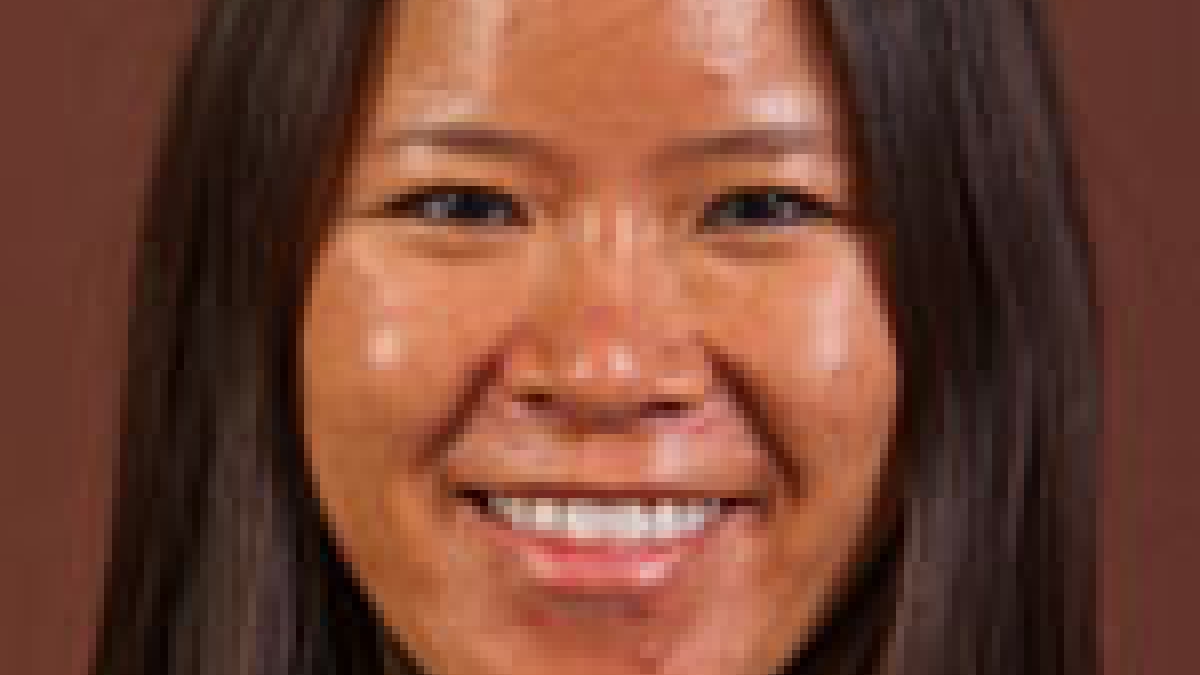Two chosen for inaugural student research award

Two law students have been selected for inaugural student research awards given by the Ross-Blakely Law Library.
Lily Yan, who graduates in May, received the first-place award for her paper, Uncharted Domains and the New Land Rush: Indigenous Rights to Top-Level Domain, and Tim Forsman, finishing his second year, earned second-place honors for What the QSA Means for the Salton Sea: California’s Big Blank Check.
The Ross-Blakley Law Library Award for Exemplary Student Research was established by the library this year to encourage students to focus on practical skills and to refine their research skills beyond ordinary proficiency to their personal best. The winner receives $500 and second place $250. The winning papers also will be published in the College of Law Faculty Scholarship Repository and featured in the library display case.
A review panel comprised of librarians Victoria Trotta and Beth DiFelice and Associate Clinical Professor Kimberly Holst selected the winners from the competitive entries.
Yan and Forsman’s papers were selected because they demonstrated sophistication and originality in the use of research materials, exceptional innovation in research strategy, and skillful synthesis of research results into a comprehensive scholarly analysis.
Yan’s topic, indigenous rights to top level domains or TLDs, was obscure so initially she gathered anything she could find on the topic. was obscure so initially she gathered anything she could find on the topic. This spanned from bookmarking blogs and websites that mentioned ICANN’s (Internet Corporation of Assigned Names and Numbers) opening up of TLDs, to listening to podcasts on how to make money off a registry.
She sought the assistant of the Ross-Blakley Law Librarians who guided her to congressional history documents on ICANN. She also examined the broader issue of intellectual property rights for indigenous groups and spoke with her law professors on these issues.
Through Yan’s research, she found Eric Brunner-Williams, the chief technology officer of Wampumpeag, who offered suggestions on the draft. She also contacted a Māori activist who advocates for indigenous TLDs, who offered his thoughts on the paper.
“The most important lesson that I have learned is to start researching early,” Yan said. “It has taken more than one semester to complete the paper to my satisfaction. Even after I submitted it for class, I had not yet spoken to Mr. Brunner-Williams, who has been a critical contact person.
“I also learned that research papers are not written in silos where one solely sits in solitude for weeks to churn something out. For me, it required reaching out to librarians, professors, attorneys, fellow law students, and activists. Without their help, this paper would not be complete.”
Forsman’s paper originally was written as his Arizona State Law Journal Note submission. The research process involved utilizing a diverse array of sources, including Westlaw, California Statutes, other scholarly papers, as well as numerous internet and other resources. During the research process, he learned how to use Westlaw Next’s folder organization system in order to more effectively catalogue his case law research for the paper. He also found that numerous interested parties, such as the Salton Sea Authority, maintain resources dedicated to the essential components of his topic.
“Writing the paper helped me to hone my research skills by forcing me to draw on a diverse set of research sources, ranging from scientific journals to historical accounts of the Sea’s formation,” Forsman said.